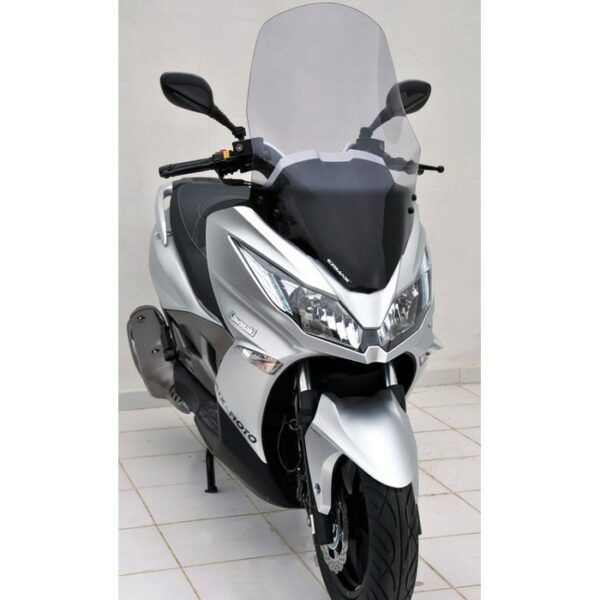
Motor oils for cars and trucks - how do they differ?
Motor oils designed for cars and trucks differ in many ways, which means that they are not interchangeable... These differences are naturally associated with the different nature of the operation of engines and, therefore, with different types of their protection. It is important to be aware of these differences in order to know how to use each type of engine oil.
Antioxidants and Dispersants
Motor oils for cars and trucks they differ mainly in their chemical compositionand this determines their further functioning. For example, the role of connections called antioxidants. In oils intended for passenger cars, their task is to increase the resistance of the drive unit to periodic thermal overloads. In the case of oils designed for commercial vehicles, antioxidants must ensure engine longevity over long intervals between successive fluid changes. And these intervals in the case of, for example, large trucks when transporting over long distances can reach 90-100 thousand kilometers.
Another compound, the amount of which varies in automotive and truck oil: dispersants... This special substance does its job prevent the aggregation of soot particles into larger clusterswhich, as a result, can cause faster wear of individual engine components. Thanks to dispersants, soot dissolved in the oil can be easily removed from the engine every time the fluid is changed. As soot builds up, the viscosity of the oil increases and it becomes difficult for it to pass freely through the lubrication system. Because trucks and cars consume fuel to a different extent, and trucks have a much higher oil consumption, which contributes to the accumulation of more soot in the engine, the oils for these two types of vehicles differ in quantity. the oil present in them.
High and low ash oil
These two types of oils cannot be used interchangeably... High-ash oils are used in trucks, and this oil, when filled into an engine with a diesel particulate filter, which uses a low-ash oil, will lead to its clogging. Conversely, pouring low ash oil into a truck engine can cause piston ring corrosion and faster cylinder liner wear.
Oil change intervals
The main task of an engine oil designed for a truck, that is, a diesel engine, is to provide the best protection for the power unit under heavy loads and operation at very long distances. Therefore, the oil in trucks is changed less frequently compared to the working fluid intended for passenger cars. It also depends on the type of vehicle. More often, every 30-40 thousand km, the oil in the construction machines has been changed. For distribution vehicles, replacement must take place every 50-60 thousand kmand the longest oil change intervals are for long distance heavy goods vehicles. Here is the exchange every 90-100 thousand km... We wrote in detail about changing engine oil in passenger cars in this post. However, it is worth remembering the basic rule that this action should be repeated every 10-15 thousand km or, regardless of mileage, once a year.
flickr.com
